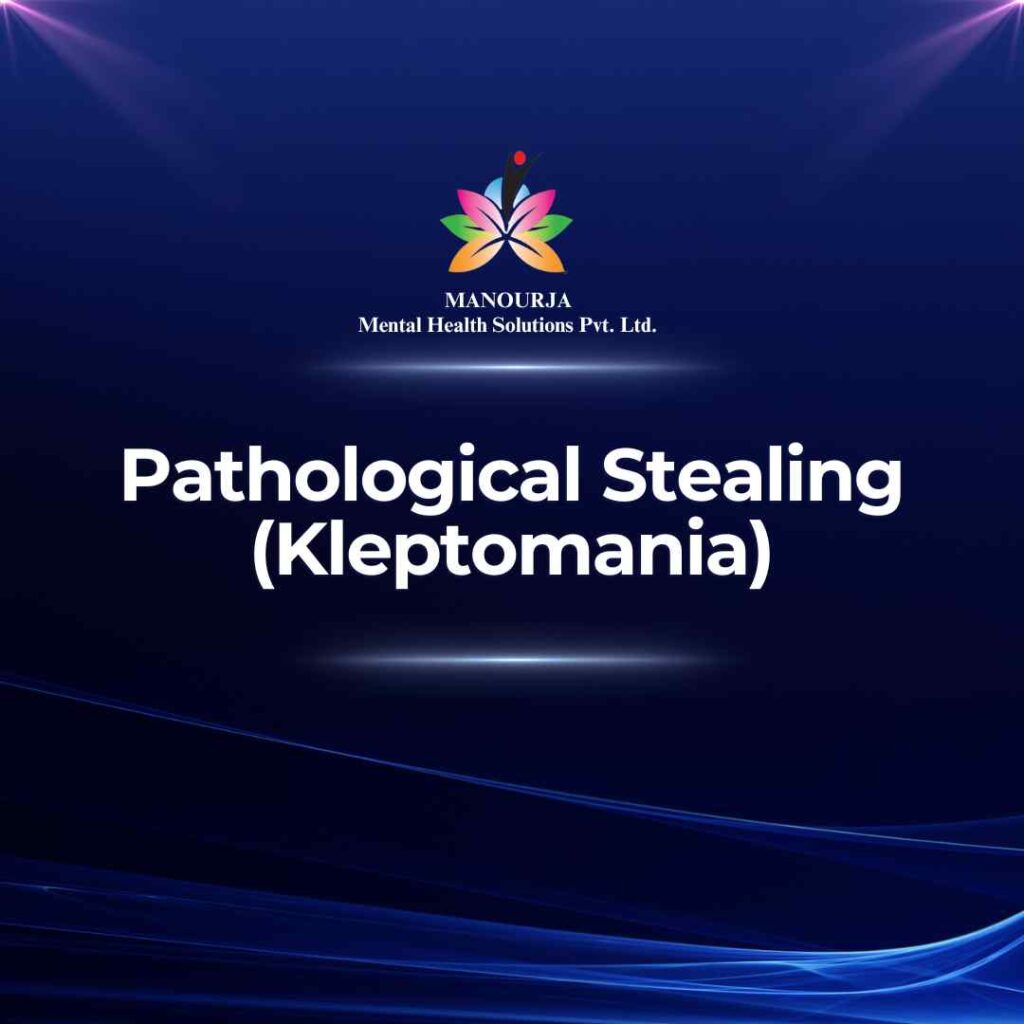Pathological Stealing [Kleptomania]

Kleptomania, often referred to as pathological stealing, is a rare psychiatric disorder characterized by an irresistible urge to steal items that are not needed for personal use or for their monetary value. This impulse control disorder is included in the Diagnostic and Statistical Manual of Mental Disorders, Fifth Edition (DSM-5), and differs significantly from typical theft that might be motivated by economic need or social behavior.
Meaning and Symptoms
- Recurrent Stealing: Individuals with kleptomania experience frequent impulses to steal, which are acted upon.
- Lack of Necessity: The items stolen are typically not needed by the individual either for personal use or for monetary reasons. Often, the stolen objects have little value and are not used by the individual.
- Psychological Release: Committing the theft usually leads to a release of tension or a rush, followed often by feelings of guilt, remorse, self-loathing, or fear of arrest.
- Unplanned: The stealing is usually spontaneous and not planned in advance, nor is it committed to express anger or vengeance.
- Escalation: Similar to other compulsive behaviors, the frequency and intensity of the episodes can escalate without treatment.
Forms of Kleptomania
Kleptomania typically does not focus on specific types of items, as the act of stealing is driven by compulsion rather than a desire for the item itself. However, the nature of stolen objects can vary widely from inexpensive and trivial, like pens or paperclips, to more significant items. The form it takes can depend largely on the individual’s environment and opportunities to steal.
Treatment of Kleptomania
- Cognitive Behavioral Therapy (CBT): This is a common treatment approach for kleptomania that aims to identify problematic behaviors and triggers and change the thought patterns that contribute to the compulsion to steal. Techniques may include impulse control training and exposure therapy to manage urges.
- Pharmacotherapy: There is no medication specifically approved for the treatment of kleptomania, but certain medications used to treat other psychiatric conditions might help control kleptomania symptoms. These include selective serotonin reuptake inhibitors (SSRIs) to manage underlying depression or obsessive-compulsive tendencies, and other drugs like mood stabilizers or anti-seizure medications.
- Psychotherapy: Individual psychotherapy can help address emotional and psychological issues contributing to kleptomania, such as stress, anxiety, or past trauma.
- Support Groups: Although specific groups for kleptomania are rare, support groups for related disorders or broader impulse control issues can offer support and coping strategies.
- Family Therapy: Involving family members in the treatment process can be beneficial, as it helps them understand the disorder and provide support.
Kleptomania is a chronic disorder that can result in significant personal, legal, and social problems. Effective treatment often requires a combination of therapeutic strategies tailored to the individual’s specific needs and situation. Early intervention is key to managing this disorder and preventing recurrent problems.
At MANOURJA, we believe in the transformative power of counseling. Our experienced therapists offer a safe and supportive space where you can explore your thoughts, emotions, and challenges. Through personalized counselling sessions, we’ll work together to develop coping strategies, build resilience, and achieve lasting positive change. Discover the path to a healthier, happier you with MANOURJA counselling services.
MANOURJA Rehabilitation Services
At MANOURJA, we’re dedicated to helping you in rebuild your life, after difficult times. Our rehabilitation services focus on understanding what you need to move forward, whether you’re recovering from addiction, trauma, or any psychological – social challenges. We create personalized plans, that are all about helping you, regain your strength and find hope again. With a caring team by your side, you’ll have the support to make real progress and take steps toward a brighter, healthier future.
